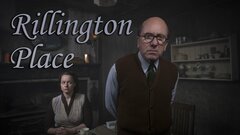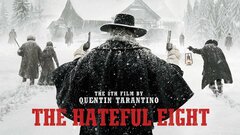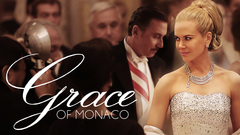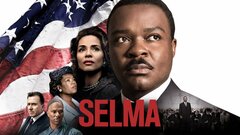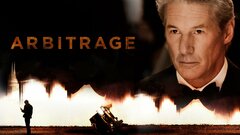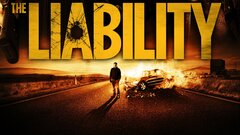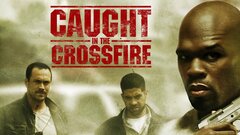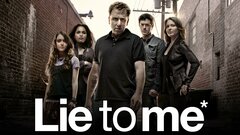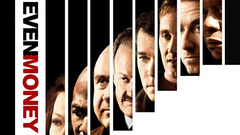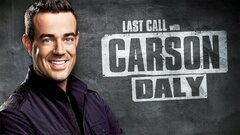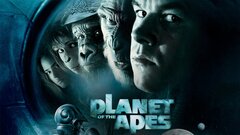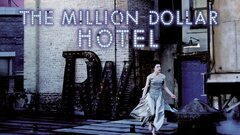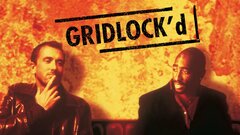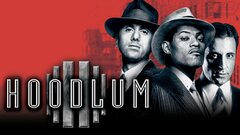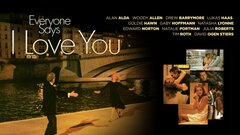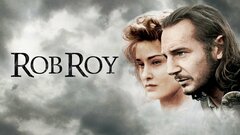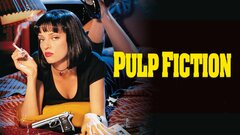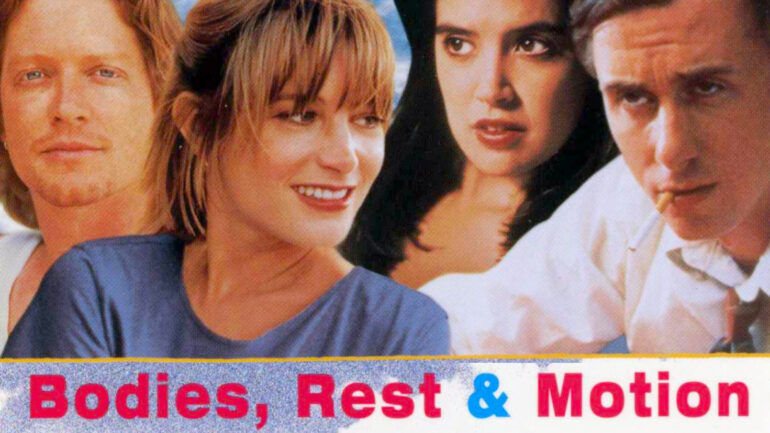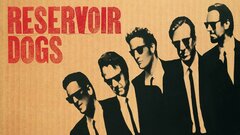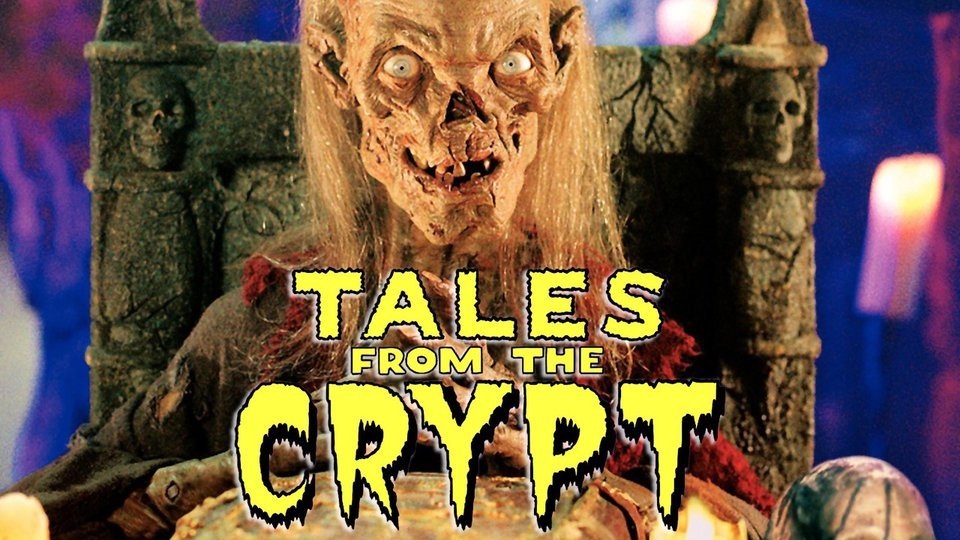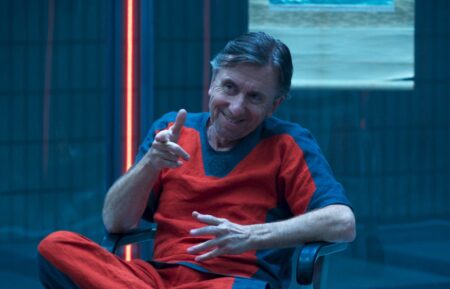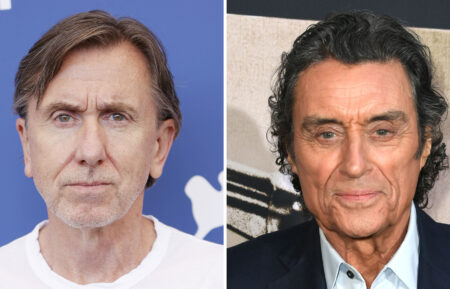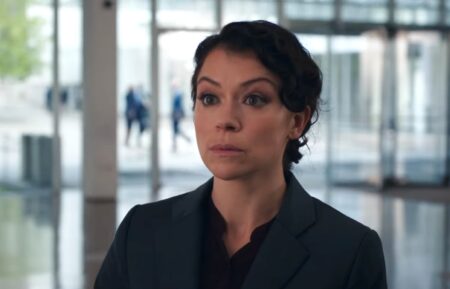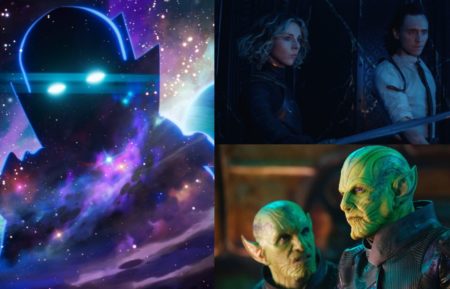With a resume that boasts an assortment of villains and ne'er-do-wells, actor Tim Roth often had to avoid being typecast in order to play roles that demonstrated his extraordinary talents. Equally at home in both comedy and drama, Roth made an immediate impression as an unrepentant skinhead - complete with swastika tattoo on his forehead - in his first onscreen performance, "Made in Britain" (1982).
He quickly became in demand after playing an assassin-in-training in "The Hit" (1984), then made a name for himself in the United States as a troubled Vincent Van Gogh in Robert Altman's "Vincent & Theo" (1990). But it was his work with Quentin Tarantino in "Reservoir Dogs" (1992) and "Pulp Fiction" (1994) that cemented his status as one of the top stars of the independent world. (Unlike many of Tarantino's favorite actors, however, he did not work with the writer/director often; two decades separated his appearances in the anthology "Four Rooms" (1995) and the violent western "The Hateful Eight" (2015).)
Following an Oscar-nominated turn in "Rob Roy" (1995), Roth settled into playing varying degrees of malcontents before cracking big-budget Hollywood with major roles in "Planet of the Apes" (2001) and "The Incredible Hulk" (2008). All the while, he continued to work regularly in smaller films on both sides of the Atlantic, such as Michel Haneke's English-language remake of his own "Funny Games" (2007) and Ava DuVernay's "Selma" (2014).
Born May 14, 1961 in London, England, Roth was raised in middle-class Dulwich by his father, Ernie, a journalist and former member of the British Communist Party, and Anne, a landscape painter and school teacher. Forced to switch from a comfortable primary school to The Strand comprehensive in nearby Brixton, Roth encountered a rougher crowd unappreciative of his proper English accent. After quickly developing his cockney accent, Roth resigned himself to a life of taking speed and digging art in the midst of a nascent punk movement.
While in school, he auditioned for a part in a musical version of "Dracula," which sparked a previously nonexistent desire to pursue an acting career. He eventually made his way to Camberwell College of Arts, where he continued to delve into drugs, art and co-eds. But he soon dropped out of school and secured his Equity card while taking on a job selling advertising space while he worked fringe theater at night. Though many of the theaters were out in the middle of nowhere, Roth did manage to hone his chops on the works of Jean Genet and August Strindberg, though that sometimes meant performing to an audience of one.
Roth stumbled around for several years until he had one of those spontaneous, life-changing moments. In the early 1980s, while repairing a flat bicycle tire outside the Oval House, a community theater that was hosting auditions for a television movie to be directed by Alan Clarke. Instead of getting a tire pump, he was granted an audition, subsequently landing the leading role of Trevor, a violent and remorseless skinhead rebelling against anything that dares cross his path, in "Made in Britain" (1982). Roth was downright terrifying with a visceral performance, attracting immediate attention from audiences and critics. Roth made his feature debut with Mike Leigh's wry working-class drama, "Meantime" (1983), playing a shy young man down on his luck struggling with his family to make ends meet. But it took Stephen Frears and a bottle of bleach to catapult Roth into the limelight. As the dyed blond apprentice killer learning his new trade from an old pro (John Hurt) in "The Hit" (1984), Roth offered a strong turn that was both brutal and endearing.
With a heavy helping of positive reviews, Roth was able to parlay his role in "The Hit" into a budding career, playing variations-on-a-thug in films like "Return to Waterloo" (1985), "Murder With Mirrors" (CBS, 1987) and "The Cook, the Thief, His Wife and Her Lover" (1989). In a change of pace, Roth played a troubled character of an altogether different sort in Robert Altman's biopic "Vincent & Theo" (1990), which examined the relationship between the Van Gogh brothers. Playing against actor Paul Rhys' controlled take on Theo, Roth's Vincent was rife with the energy and desperation of a creative, but ultimately troubled mind. He lent the same kind of force to his pairing with Gary Oldman in Tom Stoppard's screen version of "Rosencrantz and Guildenstern Are Dead" (1990), a wildly absurdist take on Shakespeare's most notorious pair of supporting players. Roth's game performance impressed aspiring filmmaker Quentin Tarantino enough to offer Roth the role of Mr. Orange, a critically-wounded undercover cop posing as a thief in the brutally violent crime thriller, "Reservoir Dogs" (1992). Adopting a flawless American accent and spending most of the movie wallowing in a pool of his own blood after a jewelry heist gone bad, Roth more than held his own with the likes of Harvey Keitel, Michael Madsen, Chris Penn and Steve Buscemi.
In the obscure, bleak independent drama "Jumpin' at the Boneyard" (1992), Roth played a man who nearly beats his crack-addled brother (Alexis Arquette) to death after catching him in a robbery. Roth followed as real-life serial killer Charles Starkweather in the two-part miniseries "Murder in the Heartland" (ABC, 1993), earning critical plaudits for his frighteningly realistic performance. Reuniting with Quentin Tarantino, Roth memorably portrayed a small-time stickup artist who gets an unexpected comeuppance from a reforming hit man (Samuel L. Jackson) while trying to rob a coffee shop with his Honey Bunny (Amanda Plummer) in "Pulp Fiction" (1994). Buried beneath the hoopla surrounding "Pulp Fiction" was another crime thriller, "Little Odessa" (1994), starring Roth as a hit man for the Russian mob, assigned to do a job in his old neighborhood of Brighton Beach in Brooklyn. Though he received notice and acclaim for both parts, Roth found himself sinking deeper into the mud of being typecast as a crook or killer. Even a supporting turn in "Rob Roy" (1995), playing the scheming, obsequious fop Archibald Cunningham, was ultimately along the same lines. He did, however, wow critics and audiences enough to earn an Academy Award nomination for Best Supporting Actor.
While he tried to break the tide with a comic turn as a bellhop - the unifying element in the four-part anthology "Four Rooms" (1995) - the results were mixed. Roth gamely tried to be what each director wanted, but came off more mannered than amusing. Meanwhile, he returned to form as the recently released convict whose attraction to a debutante upends her nuptial plans in Woody Allen's musical "Everyone Says I Love You" (1996). Roth displayed a modest set of pipes when called upon to warble two songs. Paired with rapper Tupac Shakur in "GRIDLOCK'd" (1997), Roth once again plumbed the depths of a troubled man; this time, a drug-addicted musician trying to clean up. After appearing as the ruthless real-life Dutch Schultz in "Hoodlum" (1997), Roth went against type a bit in "Deceiver" (1997), playing a wealthy yuppie suspected of murder. Roth finally shed his bad guy image in Giuseppe Tornatore's English-language debut, "The Legend of 1900" (1998). Cast as the adult incarnation of a music prodigy who spent his entire life on a luxury liner - a character that was more symbolic than real - Roth delivered a sweetly touching performance that allowed him to spread his wings.
Like many actors, Roth secretly harbored a desire to become a director. He eventually made his debut with "The War Zone" (1999), an intense family drama about a brother and sister who willingly engage in incest. In translating Alexander Stuart's controversial novel to the screen, Roth took great pains not to sensationalize the material. Using an evenhanded approach, he meticulously crafted a powerful and devastating film. Displaying virtuosity with his actors, including the relatively unknown Lara Belmont and Freddie Cunliffe, Roth elicited amazing work and proved that if he ever grew weary of playing screen villains, he could easily find a home behind the cameras. His career in front of the camera continued unabated with a supporting role as the Marquis de Lauzun in the costume drama "Vatel" (2000), which he followed with a supporting role as a sleazy owner of a strip club in the dismal crime comedy "Lucky Numbers" (2000). After playing the lethal right-hand of a scheming Cardinal (Stephen Rea) in the martial arts-tinged actioner, "The Musketeer" (2001), Roth donned a prosthetic monkey suit to portray the militant General Thade in "Planet of the Apes" (2001). Though the film was a major disappointment, his portrayal was cited as the best, eliciting true fear in viewers.
Having settled into a comfortable career that encompassed both major Hollywood blockbusters and little-seen independents, Roth continued to play stock-in-trade roles as unrepentant thugs while delving every now and then into unchartered waters. He played a stage hypnotist in 1930s Germany with dreams of starting a Ministry of the Occult in Hitler's government in "Invincible" (2002), then portrayed Oliver Cromwell, who helped depose Charles I (Rupert Everett) with General Thomas Fairfax (Dougray Scott), in "To Kill a King" (2003). After forgettable supporting roles in the drama "The Beautiful Country" (2004) and the supernatural thriller "Dark Water" (2005), Roth joined an ensemble all-star cast that included Danny DeVito, Kim Basinger and Ray Liotta for "Even Money" (2006), a compelling, but flawed drama that depicts various lives being destroyed by drugs and gambling during the weeks leading up to a championship basketball game. Roth then starred in Francis Ford Coppola's return to directing, "Youth Without Youth" (2007), playing a septuagenarian professor struck by lighting who suddenly finds himself aging backwards and going on the run from international authorities.
Returning to the blockbuster world, Roth played Emil Blonsky/Abomination, chief adversary to Edward Norton's "The Incredible Hulk" (2008) - a major blockbuster that became one of the summer's biggest hits despite relatively mixed reviews. From there, the actor took on a rare leading role on the small screen with "Lie to Me" (Fox, 2009-2011), a procedural drama where he played a clinical researcher who uses his skills of interpreting facial expressions and body language to solve crimes for police and the FBI.
The show received mainly good reviews from critics and started its three season run on a positive note with enough of an audience to make it a hit. But by the end of that initial season, however, viewership dropped off significantly - a trend that continued throughout the following two seasons until the network finally canceled the show in May 2011. Meanwhile, Roth continued to appear on the big screen, starring as an owl-like angel in the British-made suburban fantasy "Skellig" (2009). After playing a legendary action director who winds up dead in the indie showbiz comedy "Pete Smalls Is Dead" (2010), Roth was a New York detective who holds a key piece of evidence that can take down a shady businessman (Richard Gere) in the financial thriller "Arbitage" (2012).



























